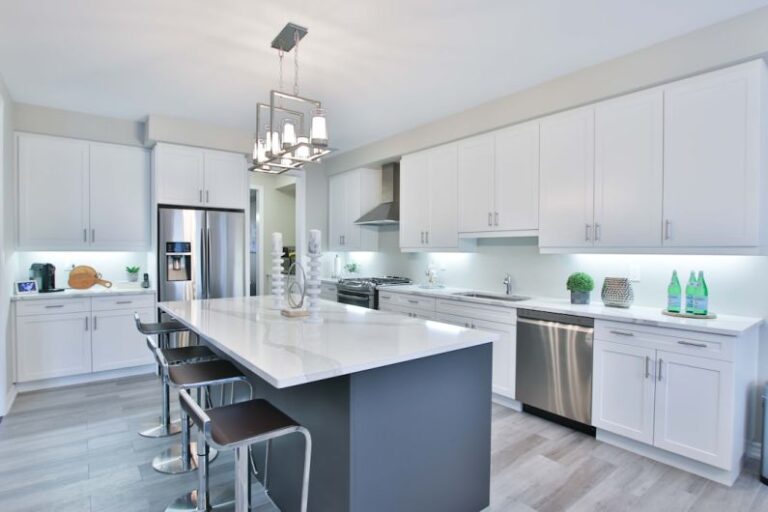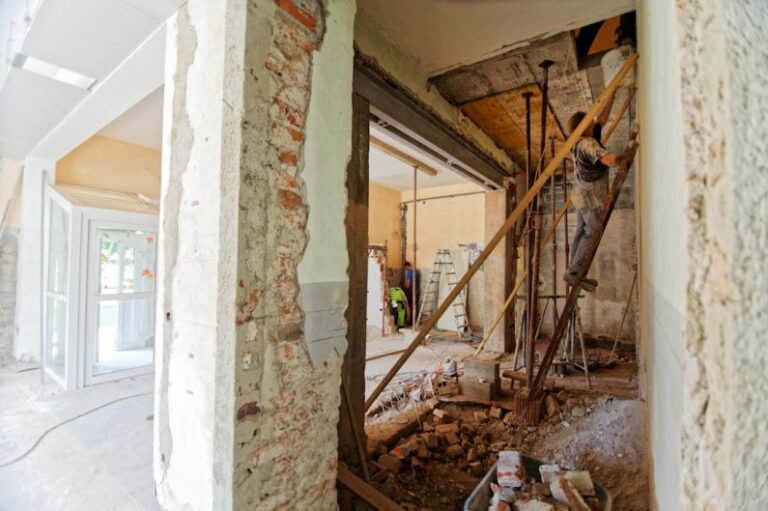
Planning a home renovation project can be an exciting endeavor, but one aspect that can quickly dampen the enthusiasm is budgeting. Creating a realistic budget is essential to ensure that your renovation stays on track and doesn’t end up costing more than you can afford. By following some key strategies and tips, you can effectively budget for your home renovation project and achieve the results you desire without breaking the bank.
Set Your Renovation Goals
Before you dive into budgeting, it’s crucial to clearly define your renovation goals. Determine what areas of your home you want to renovate and what specific changes you want to make. Whether it’s updating your kitchen, remodeling a bathroom, or adding a new room, having a clear vision of your renovation goals will help you allocate your budget more effectively.
Research Cost Estimates
Once you have a clear idea of your renovation goals, the next step is to research cost estimates for the materials and labor required for each aspect of the project. Reach out to contractors, visit home improvement stores, and explore online resources to get an accurate understanding of the costs involved in your renovation. Having a realistic estimate of expenses will prevent budget surprises down the road.
Allocate Funds Wisely
When budgeting for a home renovation project, it’s important to allocate your funds wisely to different aspects of the renovation. Prioritize essential elements such as structural repairs, plumbing, and electrical work before allocating funds to cosmetic upgrades. By focusing on critical areas first, you can ensure that your home remains safe and functional throughout the renovation process.
Create a Contingency Fund
No matter how meticulously you plan your renovation budget, unexpected expenses can arise during the project. To account for these unforeseen costs, it’s advisable to create a contingency fund that is separate from your main renovation budget. Setting aside around 10-20% of your total budget for contingencies will provide a financial cushion to handle any unexpected issues that may arise.
Explore Cost-Saving Options
To stay within your budget while still achieving your renovation goals, explore cost-saving options wherever possible. Consider DIY projects for tasks that you can handle yourself, such as painting or installing fixtures. Compare prices from multiple suppliers to get the best deals on materials, and look for discounts or sales to save on expenses. By being resourceful and strategic, you can stretch your renovation budget further.
Get Multiple Quotes
When hiring contractors for your renovation project, it’s essential to obtain multiple quotes to compare prices and services. Be wary of significantly low quotes, as they may indicate subpar workmanship or the use of inferior materials. Opt for reputable contractors with a track record of delivering quality results within budget. Getting multiple quotes will also help you negotiate for better prices and ensure that you are getting the best value for your money.
Track Your Expenses
Throughout the renovation process, it’s crucial to track your expenses carefully to stay within your budget. Keep a detailed record of all costs, including materials, labor, permits, and any additional expenses that arise. By monitoring your expenses closely, you can identify any budget overruns early on and make adjustments to keep your renovation project on track financially.
Revise and Adjust as Needed
As your renovation project progresses, be prepared to revise and adjust your budget as needed. Unexpected challenges or changes in plans may require you to reallocate funds or make cuts in certain areas. Stay flexible and willing to adapt to ensure that you can complete your renovation within your financial constraints.
In conclusion, budgeting for a home renovation project requires careful planning, research, and flexibility. By setting clear goals, researching costs, allocating funds wisely, creating a contingency fund, exploring cost-saving options, getting multiple quotes, tracking expenses, and revising as needed, you can successfully manage your renovation budget and achieve the home of your dreams without overspending. With a strategic approach to budgeting, you can enjoy a smooth and cost-effective renovation experience that enhances the beauty and functionality of your home.





